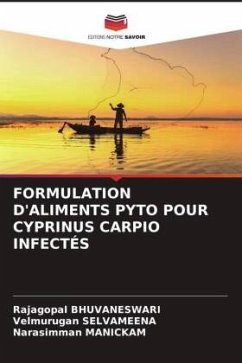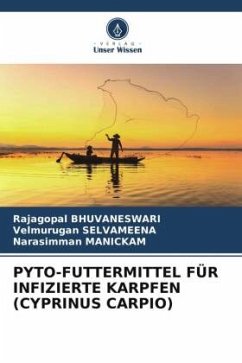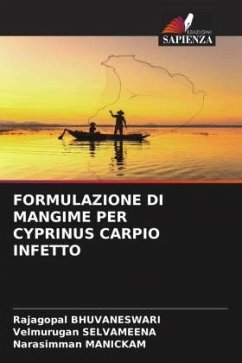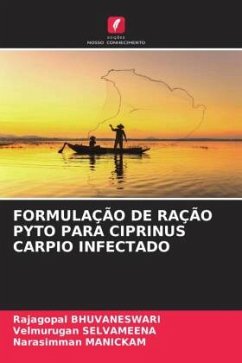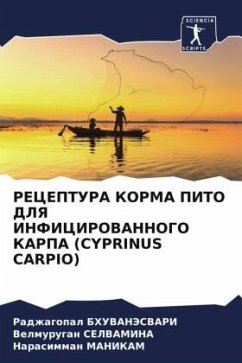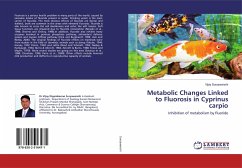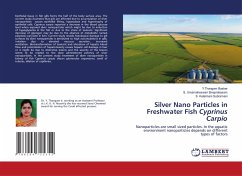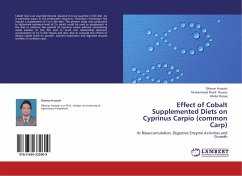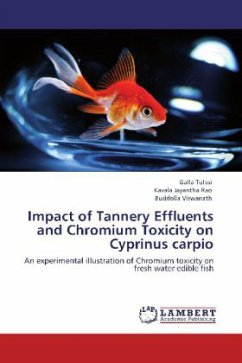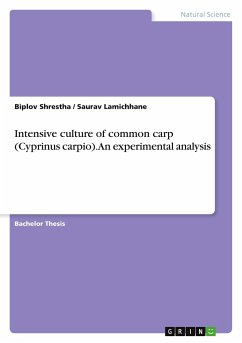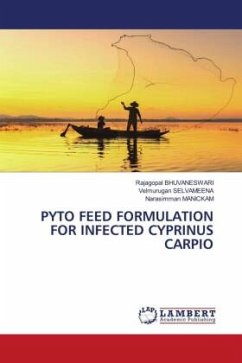
PYTO FEED FORMULATION FOR INFECTED CYPRINUS CARPIO
Versandkostenfrei!
Versandfertig in 6-10 Tagen
29,99 €
inkl. MwSt.

PAYBACK Punkte
15 °P sammeln!
Many of the microbial agents cause disease problems in aquaculture systems. These include viruses, bacteria, fungi, and parasites. The traditional use of antibiotics and other chemotherapeutics in fish culture has been criticized because of the potential development of antibiotic-resistant bacteria, environmental pollution, and accumulation of residues in fish. Immunostimulants play a significant role in aquaculture health management strategies. Immunostimulants are biological extracts and synthetic chemicals, which stimulate the immune response, by promoting phagocytic, cell function, increas...
Many of the microbial agents cause disease problems in aquaculture systems. These include viruses, bacteria, fungi, and parasites. The traditional use of antibiotics and other chemotherapeutics in fish culture has been criticized because of the potential development of antibiotic-resistant bacteria, environmental pollution, and accumulation of residues in fish. Immunostimulants play a significant role in aquaculture health management strategies. Immunostimulants are biological extracts and synthetic chemicals, which stimulate the immune response, by promoting phagocytic, cell function, increasing their bactericidal activity or non-specific cytotoxic cells and antibody production Sakai, (1999). Hence, the present investigation was undertaken to find the immunological (antibody response, phagocytic activity) hematological (hemoglobin content, RBC Count and WBC Count) and biochemical studies used with Indian traditional plants such as Achyranthes aspera (Nayuruvi), Aegle marmelos (Vilvam) and Cassia auriculata (Avaram) herbal powder formulated diet in fish Cyprinus carpio against Aeromonas hydrophila.



